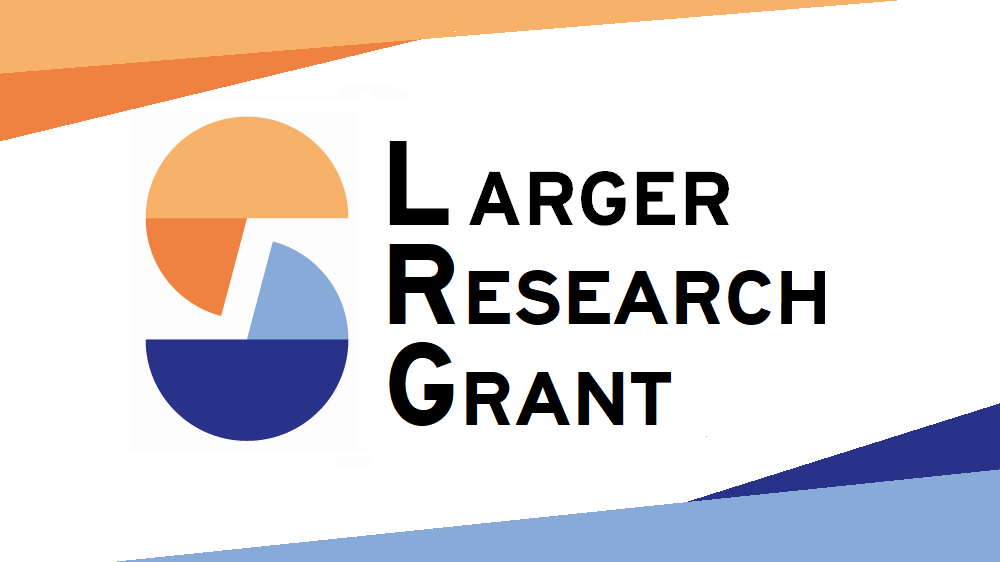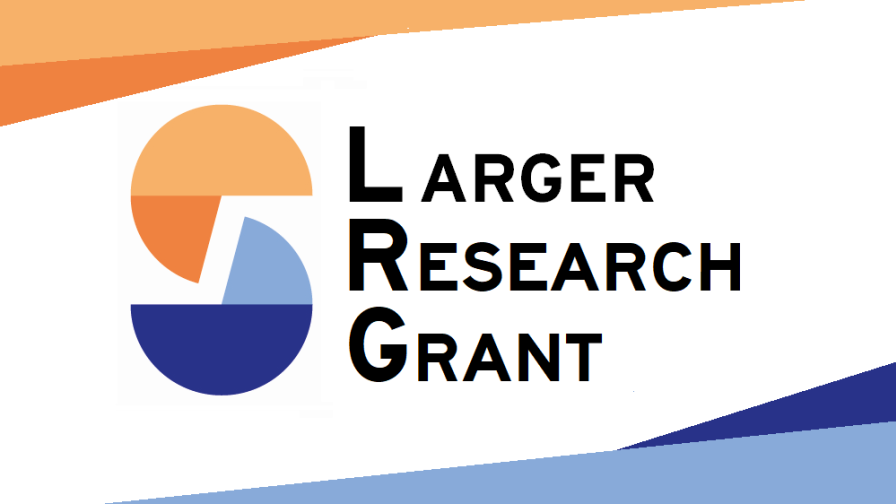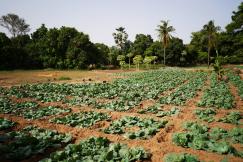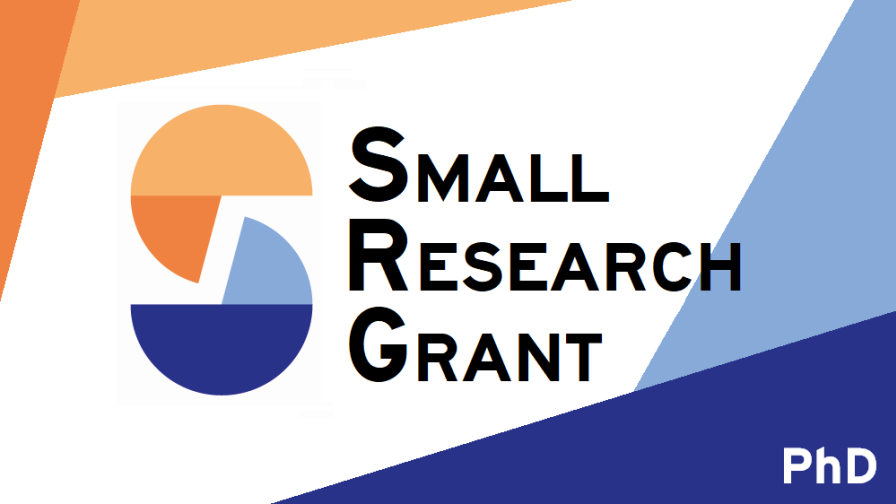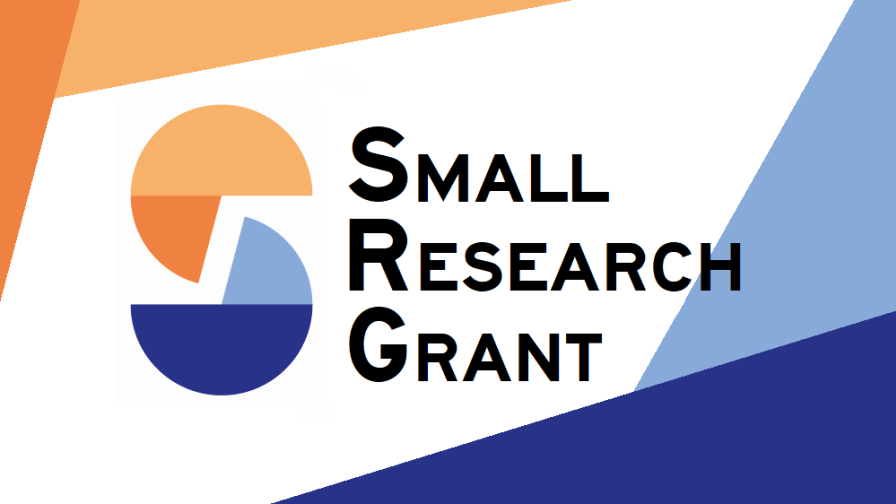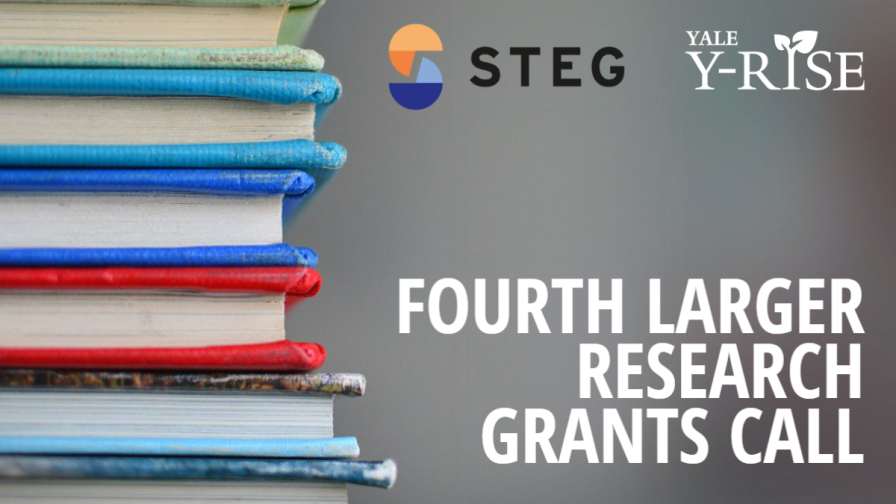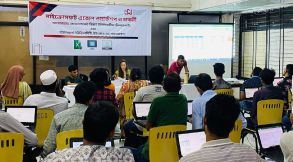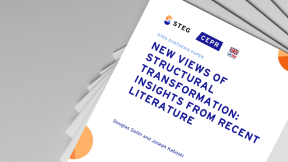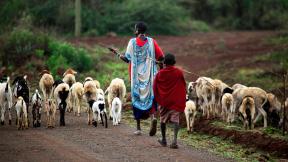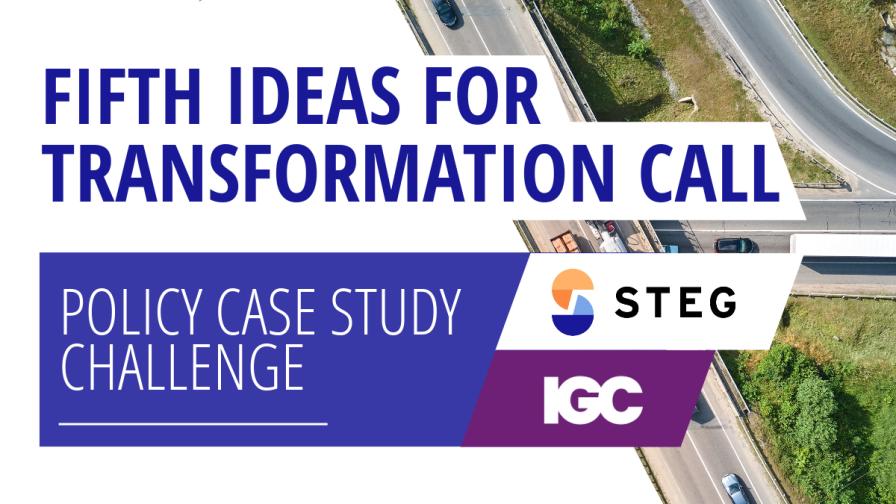Indivisible investments can reduce development, generate poverty traps, and lead agents to become risk-loving when they are combined with financial frictions. In a prior project, also based in Uganda, the researchers used experimental cash grants involving a choice between a safer low-payoff and a riskier high-payoff lottery and found that 27 percent chose the riskier larger lottery. One particularly novel result in that work was that a large fraction of participants chose to purchase land. This project collects additional data on land transactions to better understand the extent to which these land purchases are for investment/speculation purposes, business investment purposes, or for family consumption/inheritance purposes.
The research team conducts a seven-year follow-up survey of participants in the cash grants project. There are 867 participants in the original study, of which the researchers hope to be able to survey a large percentage (complicated by the fact that people’s contact information changes and they may move during these seven years). The survey focuses on land transactions, ownership of land, and the use of land that has been purchased since the baseline survey. The objective is to better understand the extent to which purchases of land are “lumpy” yet provide large returns and to understand how land purchases may add value and increase business profits and productivity. In addition, by collecting data on electricity and road provision and improvements, the researchers are working on better understanding the extent to which increases in land values are directly related to changes in infrastructure access.
This project makes several important contributions. First, the ideal policy response to financial constraints in the face of lumpy investments which are limited in supply (such as land) is quite different from the policy response for large investments which have an elastic supply (such as business assets). Improving access to loans may increase growth when supply can be increased, but cash grants and large loans risk primarily increasing the price of land when the preferred investment for most households is land rather than business assets. In addition, this project suggests that cash grants may generate redistribution of wealth but, to the extent that they are spent on land for speculative or consumptive purposes, they may not improve growth.
